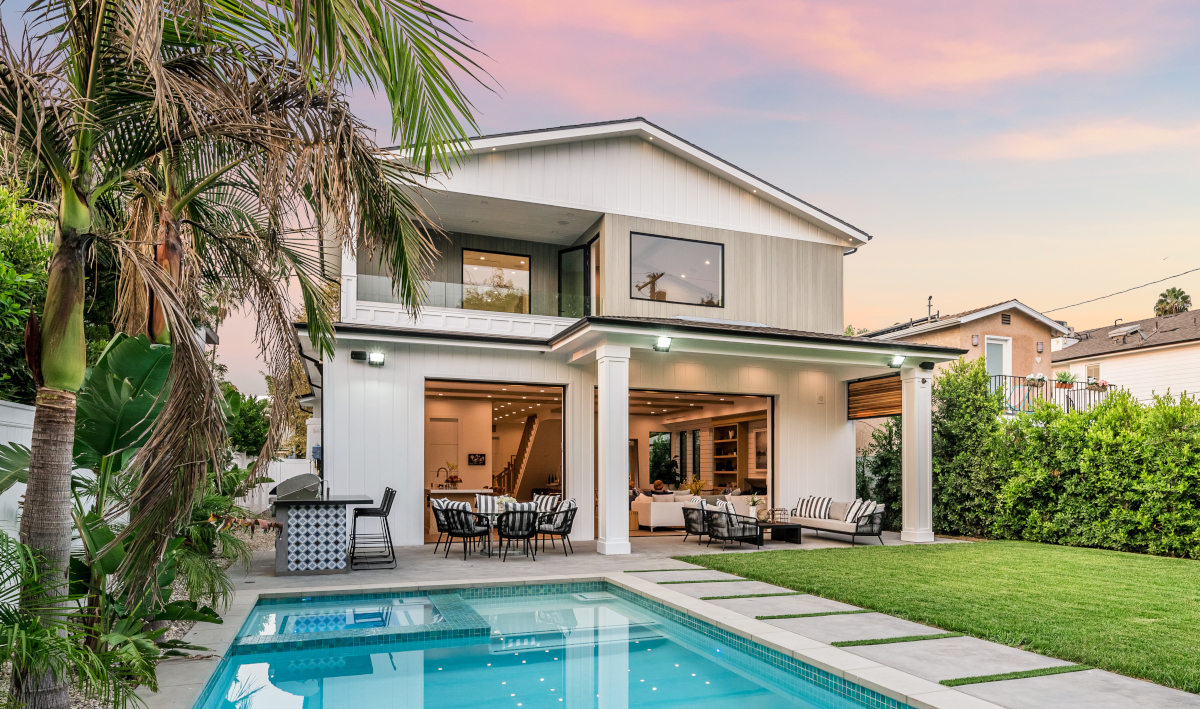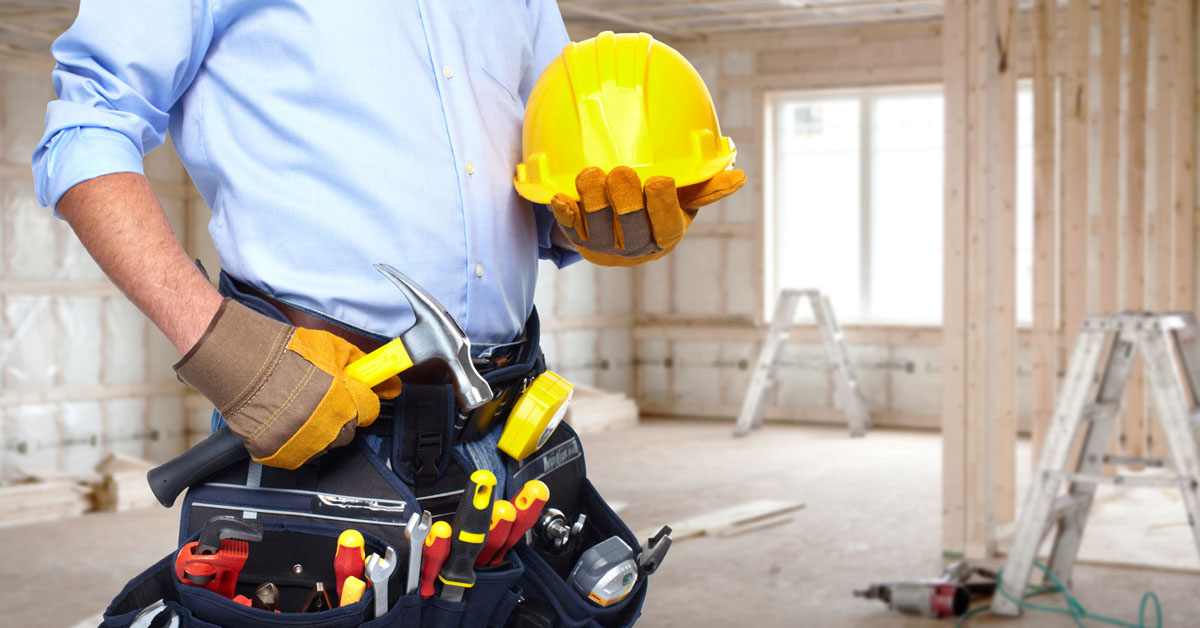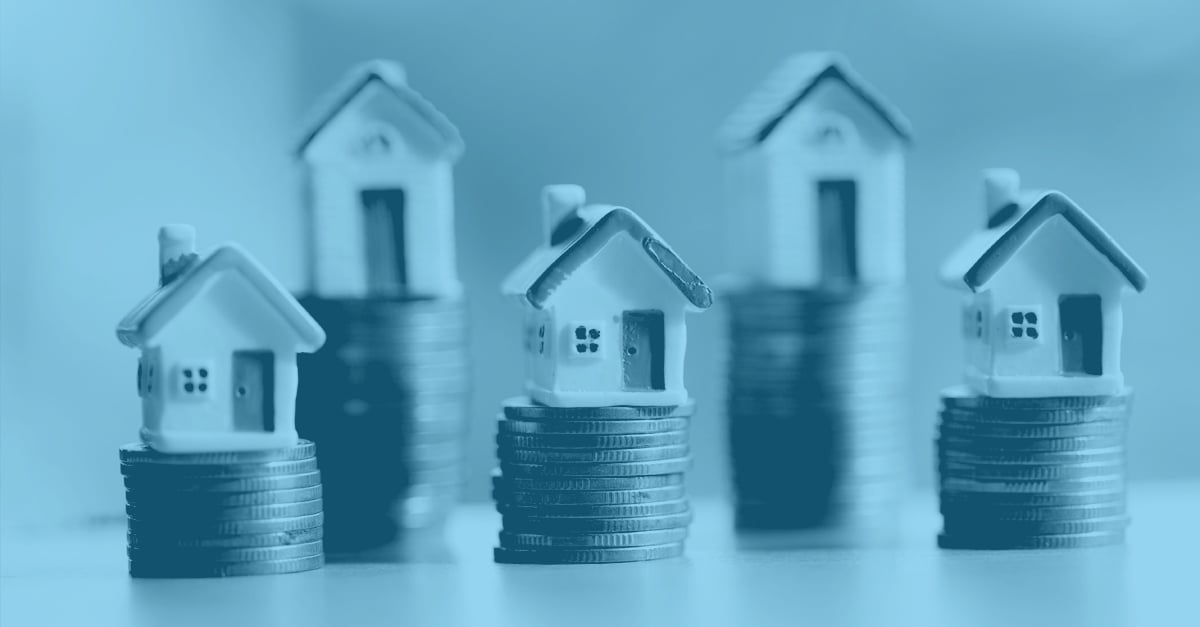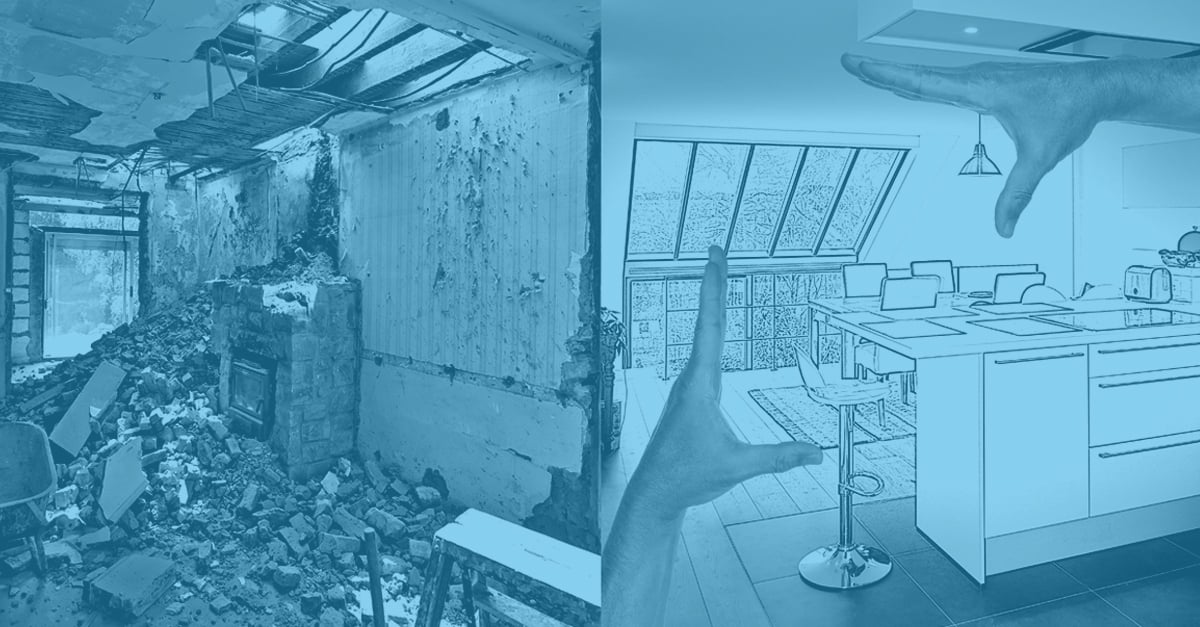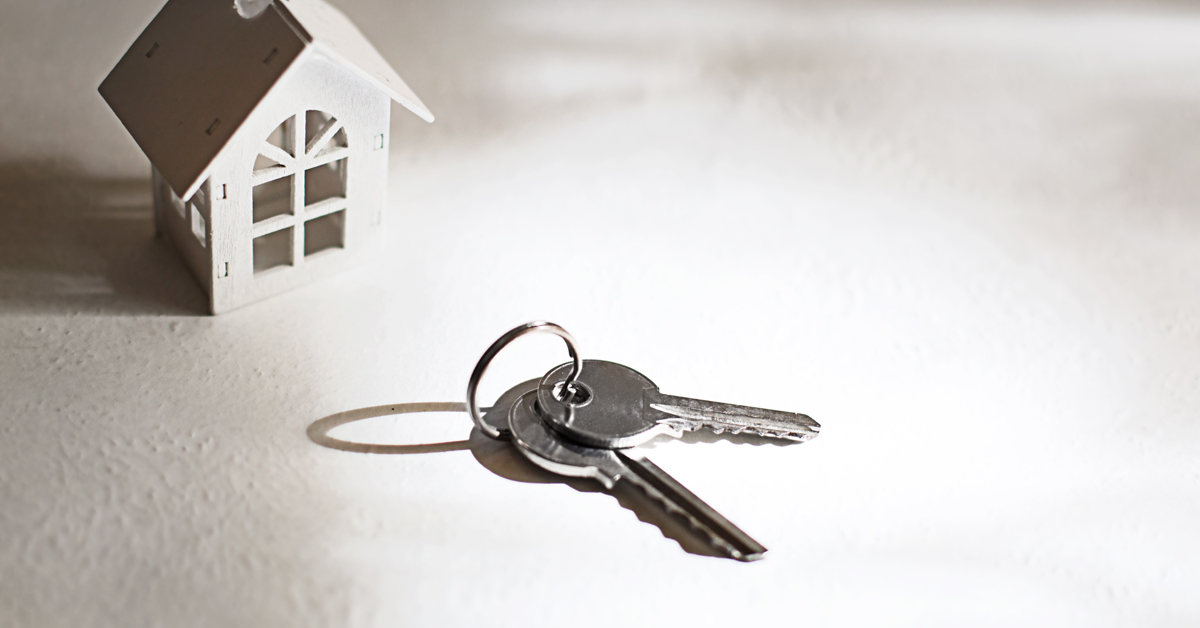We've outlined some simple strategies to turn contractor relationships into a competitive advantage on every flip!
The Investor’s Guide to Partnering with Contractors
Topics: How to Fix & Flip, Single family rentals, House Flipping, real estate investing, Networking, Contractors
5 Essential Questions to Ask Your Private Lender
Topics: How to Fix & Flip, House Flipping Market Insights, Property Investment Strategies, Single family rentals, House Flipping
Sell Your Fix and Flip Faster: The Power of Staging and Photography
Here’s why staging and photography should be part of your flipping playbook—and how to use them to your advantage.
Topics: How to Fix & Flip, House Flipping Market Insights, Property Investment Strategies, House Flipping
Smart Renovations to Maximize ROI in 2025
Topics: How to Fix & Flip, House Flipping Market Insights, Property Investment Strategies, Single family rentals, House Flipping
Home Improvements That Add Value to Your Investment Property
The secret to successful real estate flipping is knowing which improvements attract buyers and enhance the value of the home.
Here are some of the win-win improvements that make buyers and investors both happy.
1. Minimize Costs By Choosing Wisely
The bones of the home, i.e. the basic framework and layout, determine the size of the rehab budget. Jonathan Faccone, Founder, Halo Homebuyers LLC, has this sage advice for flippers: “When choosing a property, look for houses that can be improved without being reconfigured.” That’s particularly true if you want a house with an open concept, or if you envision adding value by adding a bedroom or bath.
Simply put: Painting walls is cheap. Moving walls is another story. If the old adage “you make your money on the buy” is true, then finding a floorplan that works as-is yet needs some love and attention is critical.
2. Cost-Efficient Kitchen Remodeling
A nice, remodeled kitchen is a huge draw for potential buyers. One caveat: It’s easy to go overboard. If you gut an entire kitchen, a mid-range remodel can easily run up to $60,000 — and net you only a fraction of that when the time comes to sell.
It pays to make your kitchen shine when you do it cost effectively:
- Sand and paint cabinets instead of replacing them.
- If paint isn’t enough, try replacing the doors instead of demoing the cabinets
- Instead of a $4,000 stainless fridge, find a tasteful one on sale for $1,000.
Remember: Your hard money loan is generally limited up to 75% of a home’s after-repair value. Choose the remodel projects wisely.
Topics: How to Fix & Flip, House Flipping
A large segment of today’s housing market is fueled by real estate investors seeking to turn a fixer upper into a nice, tidy profit. If you manage to avoid the common rehab pitfalls, you can turn a profit too! But know, mistakes are not made by properties. Mistakes, most often, are made by novice investors and the assumptions they employ on their way to becoming a seasoned investor.
The good news is that the most common mistakes investors make are entirely preventable…if you do these seven things:
1. Underestimating The Project Scope
Underestimating the time, hard costs and the amount of work involved is one of the surest ways to drain the profitability of your flip. You estimate four months of work – it takes six. You estimate for some new shingles – you need a new roof. You estimate your property will sell in four weeks – it sits unsold for three months. In short, each inaccurate estimate makes a direct impact on your bottom line.
2. Underestimating Or Ignoring The Non-Material Costs
Drywall, flooring, windows and landscaping aren’t the only costs that will go into your flip. To turn a profit, you will need to anticipate all the other “soft” costs you’ll incur including: appraisals, closing costs, building permits, inspection fees, realtor costs, property taxes and utilities, as well as interest from the real estate investment loan.
It’s easy to fall into the trap of thinking: “those will be covered when I sell”. But that’s just another way of saying: “it’ll come out of my profits.” Wise investors anticipate those costs up front and build them into their overall budget.
Topics: How to Fix & Flip
How to Find & Keep Good Contractors for House Flipping
Your contractor can have a profound impact on almost every aspect of your real estate flip: deadlines, quality of work, budget, and return on investment. And whether the overall experience will be energizing or draining can also depend on whom you hire.
So, if you’re funding a flip, or using a hard money lender, it’s important to keep your flip on schedule and on budget. We all know that time is money. But unfortunately, not all contractors understand or care. Follow these steps and you’ll be able to find good contractors and build lasting relationships with the ones who come through for you.
Topics: How to Fix & Flip, House Flipping
3 Ways to Get Fix-and-Flip Funding
Flipping a house requires money – lots of money. Beyond the purchase price, single-family investors must come out of pocket for legal fees, appraisal fees, title costs, closing costs, home inspections, rehab costs and disposition costs. In a Seller’s market, these costs have a tendency to go the way of home appreciation…up, up, up and away. Given the median purchase price for existing homes in June 2020 of $295,300, these numbers add up fast especially when you are doing more than one flip investment at a time.
Whether you are flipping one, two, or dozens of houses per year: maintaining adequate cash reserves is critical to keeping your operation up-and-running, so that you can realize the back end profits associated with your investment. As they say…cash is king!
That is why so many single-family investors look for a financing partner to fund their fix-and-flip investment properties. Having more cash on hand gives you, the investor, flexibility in a dynamic market whether that means more cash to realize an unexpected opportunity, more cash to negotiate a better deal with a faster close or more cash to give you peace of mind through the investment cycle. Knowing which available financing options will give you the most flexibility as an investor is the key.
How To Save On House Flipping Renovations During Coronavirus
Investing in real estate during “unprecedented times” is not for the faint of heart. Nevertheless, savvy, seasoned house flippers recognize that this change in the market presents a great opportunity to outbid and outperform the competition — if you keep moving and adhere to your budget.
Consider this your cheat sheet for saving a bit here and there while renovating during Coronavirus. Little differences in your business practices can make a big impact on your bottom line this year.
1. Don’t Stop Flipping or Renovating
The market goes up and the market goes down. It’s easy to remember when times are good, and harder to remember in the face of uncertainty, especially when your TV and social media channels skew to the negative.
But now is actually a great time to invest, provided you have an ample safety net. If you don’t already know, Residential Capital Partners formed during the 2008 housing crisis — when other lenders were closing their doors. There is no room for panic in house flipping. Invest when others doubt.
People are still buying houses. By this May, demand for housing surpassed pre-COVID-19 levels. Which means you should keep flipping with as much cash as you can muster so you can keep turning a profit. Never let a good crisis go to waste!
2. Choose the Right Property
Buy Properties in Great Locations
Coronavirus may have thrown real estate for a loop, but the golden rule still applies: location, location, location. As always, aim for homes of lesser value in neighborhoods that are seeing an increase in value.
Buy Properties That Need Minimal, High-Return Upgrades
S
ome experienced house flippers pride themselves on snapping up houses that need
a lot
of elbow grease. Forget that strategy for now. Why? You’re on Corona-time. Which means paperwork and coordinating with contractors will take longer. Store hours are affected. Materials may be on backorder. The project will lag on too long for you to get a great return.
What will get you a better return is updating your kitchens and bathrooms. According to US News, low-end kitchen remodeling in the United States starts at just $4,000. The starting cost of a low-end bathroom makeover is $6,000. That’s pennies compared to large overhaul projects, like wood flooring, a second story or other additions to square footage.
Salvage what you can to keep the character of the home – and save yourself some cash. Opt to paint out-of-date cabinetry, instead of installing new cabinets. See if you can keep existing tile, and replace the toilet, sink, and hardware. Our rule of thumb: low to moderate repairs wins every time!
Topics: How to Fix & Flip, COVID-19, House Flipping
Now that you’ve used fix and flip financing to renovate your most recent rental property, it’s time to put it on the market.
The average renter tours nearly three properties over 2.5 months before making a decision, according to Zillow’s 2019 Consumer Housing Trends Report. Don’t let an empty rental property cost you even more money on your investment property loan.
Having a plan to find reliable tenants is as important as securing funding for your investment property. Use these five marketing tactics to catch the attention of high-quality renters, so you can start getting a return on your investment immediately after rehabbing your rental property.
1. Take Professional-Grade Photos.
This is non-negotiable. Why? A listing without photos is too easy to ignore. Plus, listings with high-quality images get 94% more views, according to QuickSprout. Also, intriguing photos could increase the rental price of your fix and flip between 1-7%, according to a Redfin study examining the impact high-quality photos had on house prices.
If you don’t have the time or budget to work with a professional photographer, consider a DIY approach. Smartphone cameras have come a long way — but you need to know how to use it.



